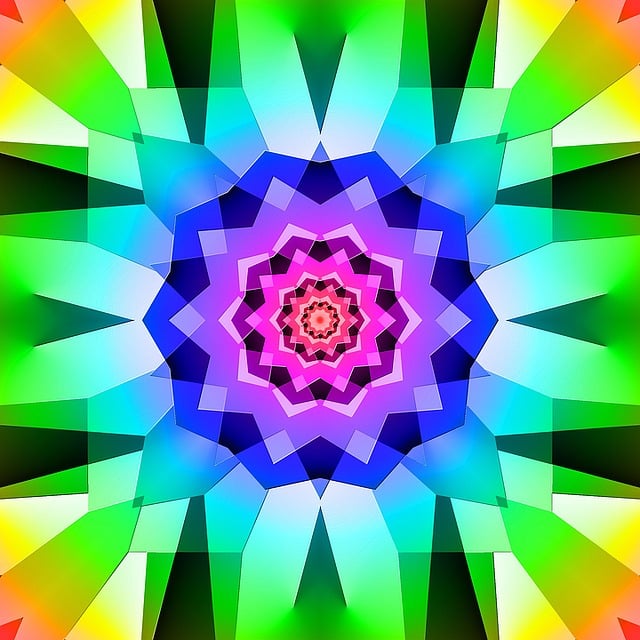
Life purpose, that pursuit that gives meaning and direction to our existence, is a concept intricately woven into the fabric of human societies. Yet, the interpretation of life’s purpose varies vastly across cultures and philosophical traditions. It creates a Kaleidoscope of possibilities.
From the individualistic pursuit of self-actualization to the desire to make a contribution to the community, let’s take a look at how diverse cultural and philosophical perspectives have shaped our understanding of life purpose so far.
Cultural Variances:
Cultures around the world have played a pivotal role in defining and shaping life purpose. For instance:
- Eastern Philosophies: Traditions rooted in Eastern philosophies like Buddhism, Hinduism, and Taoism emphasize the interconnectedness of all beings. Life purpose is frequently tied to achieving harmony, enlightenment, and understanding one’s place within the universe. Concepts such as dharma (one’s duty or moral responsibility) in Hinduism or following the path to Nirvana in Buddhism, dictate an individual’s pursuit of purpose within the context of cosmic balance.
- Western Individualism: Western cultures, on the other hand, have often leaned toward individualistic pursuits. The emphasis on personal achievement, self-fulfillment, and self-expression shaped the notion of life purpose. In these societies, one’s purpose might revolve around career choices, or the pursuit of individual happiness and fulfillment.
- Indigenous Perspectives: Indigenous cultures often emphasize a deep connection with nature, ancestors, and community. Their concepts of life purpose are intertwined with preserving traditions, honoring the land, and ensuring the well-being of future generations. Purpose, in these cultures, transcends the individual and is deeply embedded in communal harmony and sustainability.
Philosophical Traditions:
Various philosophical schools of thought have also significantly influenced how individuals perceive and seek their life purpose:
- Existentialism: Philosophies like Existentialism question the meaning of life and suggest that individuals create their own purpose in an otherwise seemingly meaningless world. The focus is on personal responsibility and freedom, urging individuals to define their existence through their choices and actions.
- Utilitarianism: This philosophical perspective revolves around maximizing overall happiness or utility for the greatest number of people. Here, life purpose may involve contributing to the welfare of society or making choices that benefit the collective rather than solely focusing on individual desires.
- Stoicism: Stoic philosophy emphasizes acceptance of the natural order of things and the development of inner virtue. Life purpose, from a Stoic standpoint, involves aligning one’s actions with principles of wisdom, courage, justice, and temperance to live a meaningful life regardless of external circumstances.
The Interplay and Evolution:
It’s essential to recognize that these cultural and philosophical influences often intermingle, evolve, and influence one another. Migration, globalization, and the exchange of ideas through modern communication have led to a melting pot of perspectives. People might find themselves navigating through multiple cultural and philosophical frameworks in their quest for life purpose.
Moreover, an individual’s life purpose isn’t static. It can evolve over time, influenced by experiences, personal growth, and exposure to different cultures and ideas. As the world evolves, more opportunities show up that weren’t even available 50 years ago.
Conclusion:
In a world rich with diversity, the concept of life purpose is a kaleidoscope of varying hues and patterns. Cultural backgrounds and philosophical beliefs shape and color our understanding of purpose. This guides us in our quest for meaning and fulfillment. Understanding and appreciating this tapestry of perspectives can illuminate paths toward a more profound understanding of ourselves and our place in the world.
Ultimately, the beauty lies in the blending of these perspectives. This invites us to explore, reflect, and synthesize elements from different cultures and philosophies to create a more holistic and personalized understanding of our life purpose.
I believe that purpose is about doing what feels fulfilling and meaningful to you. Your purpose can be manifested through your work or simply by how you show up in the world each day. It’s also about your own spiritual growth. That includes making a contribution to the world in a way that feels good to you. It also encompasses overcoming fears and doubts and opening to more love.
Your purpose can be expressed powerfully through meditation, becoming centered in your own being, and feeling inner peace. As you anchor peace and love within your own being, you walk through the world with peaceful, loving energy. You affect others positively just by being you. This anchors more love and peace on the planet. Your purpose is within you. You get to say what that is.


